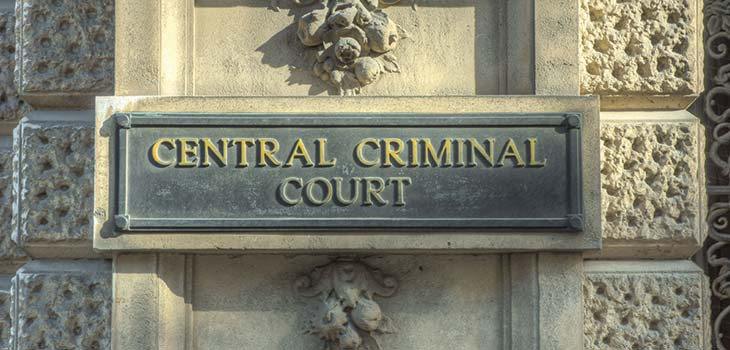
For example, telling juries to be as ‘sure’ of the defendant’s guilt as they would be when making important decisions in their own lives prompted a trip to the Court of Appeal (R v Mohammad [2022] EWCA Crim 380) where two forensic linguists provided a report on the use of the word.
McKeown continues a debate started by regular NLJ author Michael Zander two years ago, in NLJ. Academic studies on the subject have uncovered alarming variability in the public’s perception of what the word means.
McKeown writes: ‘It is hard to disagree with expert voices from the field of forensic linguistics which say the law and practice relating to the criminal standard of proof is unsatisfactory and needs to be changed. Jury questions reveal a problem of comprehension and show that juries do need more help.’ But will anything change?





.tmb-mov69x69.jpg?sfvrsn=16d9dd3d_1)


